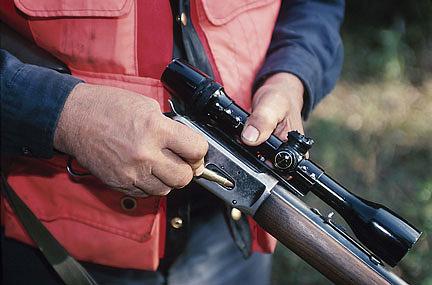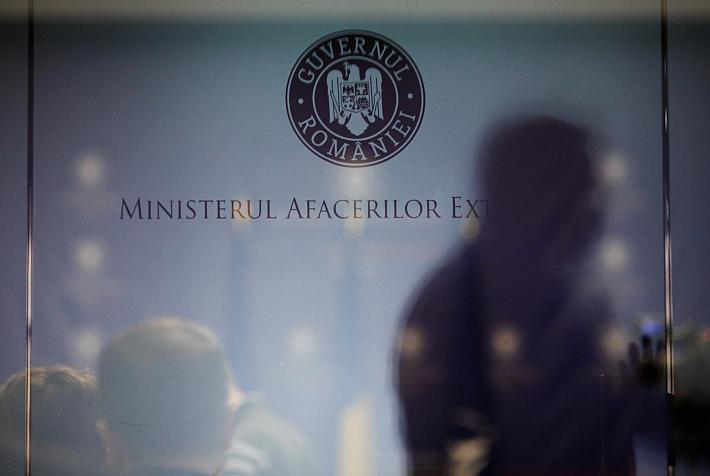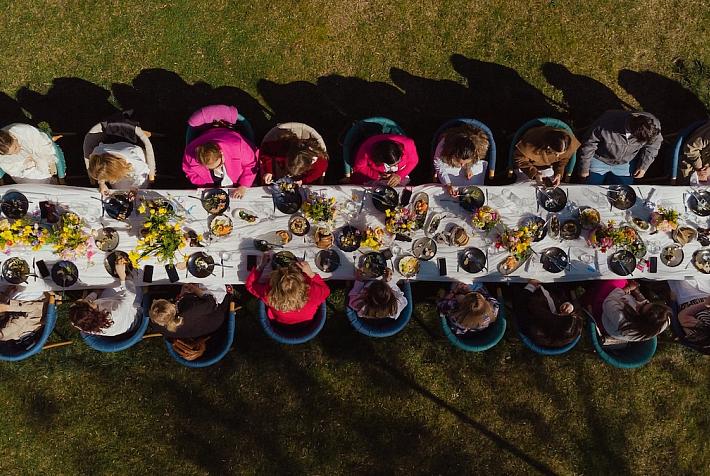WWF: Measures to combat African swine fever will wipe out Romania’s predators

WWF, the NGO working in the field of wilderness preservation, warned that the measures Romania is taking to combat the African swine fever will have “disastrous consequences” on the country’s wildlife.
Tens of thousands of foxes, jackals, hooded crows and magpies, which have a positive role in combating the disease, will be hunted in a very short time-frame, following an August 23 order issued by the Waters and Woods Ministry, the NGO explained.
The order stipulates an increase in hunting quotas for wild boar, and the full hunting of the quotas for the species of jackal, fox, hooded crow, and magpie approved for the 2018 – 2019 period. This stands for the elimination of 10,361 jackals (or 72%) from a total population of 14,273 and of 49, 966 foxes (67%) out of a total population of 73,285. It will lead to a drastic reduction of the populations of these species within a very short timeframe, and have a negative, long-term impact for both the species and the ecosystems, WWF warned.
The WWF said the measures were “extreme and without scientific backing” and, in some cases, they are in contradiction with the EU strategy for combating the swine fever and the Birds and Habitats Directive. These provide a ban on hunting in newly infested areas and strict measures to isolate the hotbeds, the NGO explained.
“The predatory species have a well-established role in the ecosystem and they help combat the African swine fever at zero costs. This order will not solve the problem. On the contrary, it will amplify it. With the mere presence of hunters in affected areas and the noise of the gun fires a major disruption will be created. The wild boar that are active carriers of the virus will probably move to other areas,” Cristian Remus Papp, a national manager for Biodiversity and Protected Areas with WWF Romania, said.
The NGO said its field monitoring in August showed that jackals in the Danube Delta already contributed to the combating of the virus by consuming the corpses of the sick wild boar. Reopening the hunting in the Danube Delta Biosphere Reserve, especially with respect to predators, would have serious long-term consequences, including the potential appearance of other diseases, the WWF said.
“The role of the predators in eradicating the African swine fever virus is a major one because of its sanitary function and it needs to be taken into account in the fight against the virus,” WWF explained.
The African swine fever virus does not affect humans or other animal species other than pigs and wild boar. It can be transmitted either via direct animal contact or via dissemination of contaminated food.
Romania is the European Union country most affected by the African swine fever, according to an updated map of the virus outbreaks made by the European Commission.
editor@romania-insider.com











